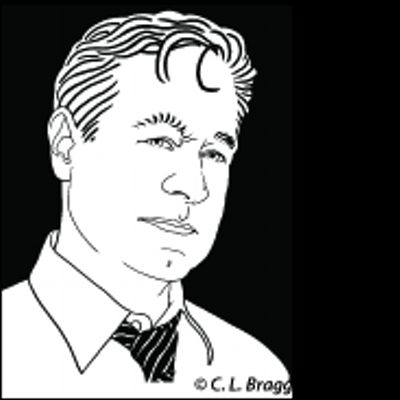The 1988 Prop. 103 has saved California consumers more than $100 billion in excessive auto insurance premiums since voters passed it by a slim 51-49 percent margin, probably the reason for an unrelenting legal onslaught by the insurance industry.
No one has calculated the accompanying savings in prices for homeowners insurance and other property coverage, but they also have been substantial.
The brainchild of longtime consumer advocate Ralph Nader and his onetime California protégé Harvey Rosenfield, Prop. 103 is the rare initiative that keeps living up to its original promise – saving consumers and businesses 20 percent of what they would otherwise spend on car insurance and property coverage.
It consistently makes reality of the pledge that spurred insurance companies to spend $63 million trying to beat it at the polls.
The latest corporate challenge to this most money-saving of all ballot initiatives ever passed anywhere in America was beaten back the other day by Mr. Rosenfield, a three-judge panel of Sacramento’s Third District state Court of Appeals and the state Supreme Court.
In this latest case, the state’s high court let stand a Court of Appeals decision rebuffing the latest legal assault by industry kingpins, including State Farm, Mercury, Allstate, Farmers and other insurance companies seeking to raise rates significantly above what Insurance Commissioner Dave Jones had ruled justifiable.
So laughable did judges find the industry arguments for their putative price increases that the three-judge appeals court
panel considering the case called it “hocus pocus” and “smoke and mirrors – nothing more.”The companies sought $250
million more than Mr. Jones allowed.
Source of His Power
His authority to oversee such rate increases also comes entirely from Prop. 103.
“This latest challenge to 103 came after the state Supreme Court two other times upheld 103 and its rules for rate approvals,” said Mr. Rosenfield.
He continues to fight the challenges every time they arise. The decisions, he noted, were unanimous, some issued at times when Republicans held the court majority.
But the industry never seems to give up its thus-far forlorn hope of going back to the high-premium days before passage of
- Before then, too, insurance commissioners were appointed by the governor, not elected.
The latest case actually began in 2009, when Mercury Casualty tried to raise rates by 8 percent. That increase would have included compensation to the company for both non-insurance related advertising expenses and reimbursement for almost $1
million in political contributions and lobbying costs.
These are categories regulated companies almost always must pay from their profits.
Instead of getting an increase, the case resulted in Mr. Jones imposing a 5.4 percent decrease in Mercury homeowner’s rates.
Furious, Mercury sued in a Sacramento County court, arguing it should be allowed to charge whatever its executives say it needs.
The firm claimed 103 deprives it both of the right to free speech and the right to make whatever profit it deems fair.
So far, those contentions have not flown in any court. But even as the state’s highest court was dismissing those claims for at least the third time, Mercury’s allies in the Assn of California Insurance Companies and three other industry groups were filing a similar case in San Diego.
Mercury also seeks in an Orange County case to avoid a $27 million fine for overcharging customers.
“The insurance industry is inundating the courts with a continuous barrage of frivolous lawsuits,” said Mr. Rosenfield.
“They are trying to win from the courts what they lost at the ballot box almost 30 years ago.”
He said that “Prop. 103 was a populist revolt that worked. It has delivered much more money back to people than anyone
could have predicted back in 1988.”
Along with the 1978 Prop. 13 and its limits on property tax increases, Prop. 103 is a strong factor making California affordable when its income, sales and business taxes are among the nation’s highest.
That is why preserving this law against insurance company attacks is vital to the lifestyles of millions, even if many of them never have heard of it.
Mr. Elias is author of the current book “The Burzynski Breakthrough: The Most Promising Cancer Treatment and the Government’s Campaign to Squelch It,” now available in an updated third edition. He may be contacted at www.tdelias@aol.com

